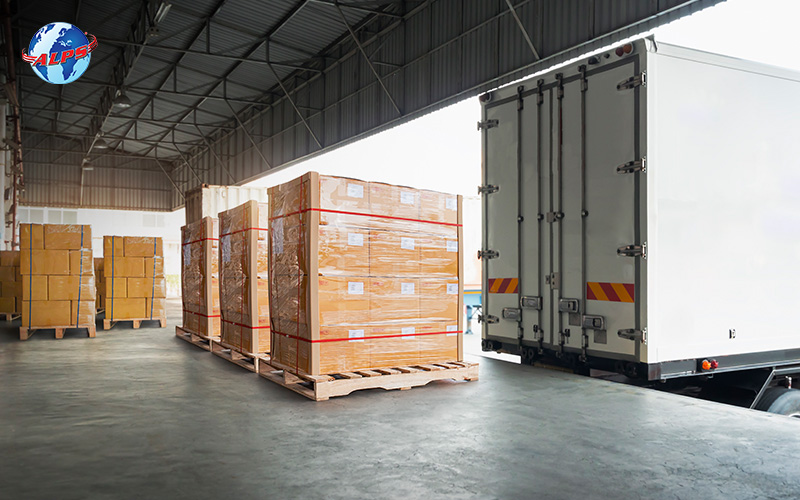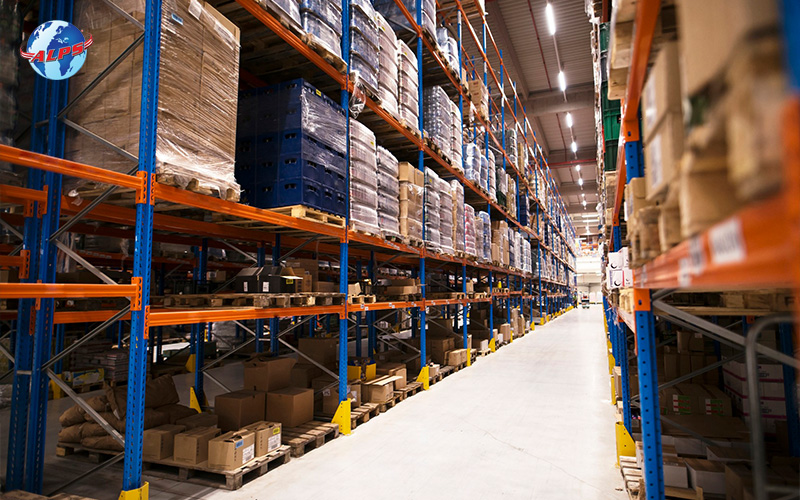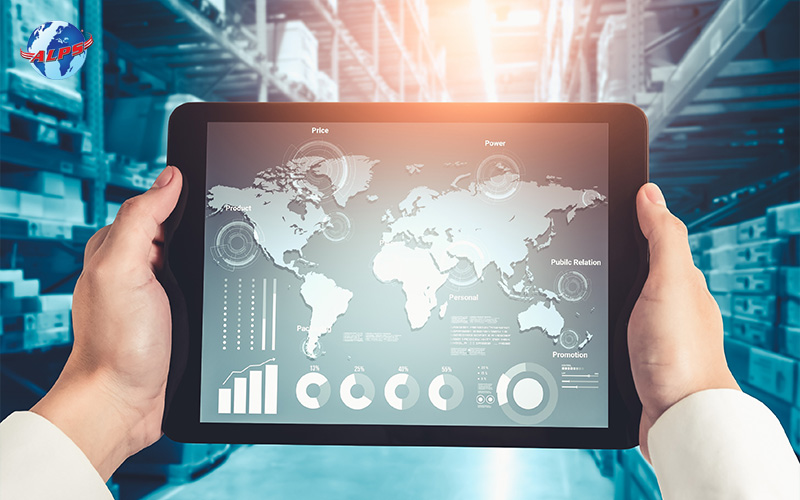Key Takeaways
- LCL freight is suitable for small, irregular shipments, while FCL is more cost-effective for consistent, high-volume freight.
- Consider key factors like shipping volume, cost efficiency, as well as speed and transit time when deciding between LCL and FCL.
- FCL offers better cargo security, but LCL freight provides flexibility for growing businesses in Singapore.
Choosing between LCL freight (Less-than-Container Load) and FCL (Full Container Load) is an important decision for any business that involves freight shipping. Whether you are moving goods across borders via air freight or sea freight, the right container strategy can help you optimise your supply chain, manage costs, and ensure your goods arrive on time and intact.
This choice often comes down to understanding the nature of your shipments, your budget, and how frequently you ship. Let’s break down the key factors to help you decide which option best fits your business.
Table of Contents
- LCL Freight: What Is Less-than-Container Load Shipping?
- FCL Freight: What Is Full-Container Load Shipping?
- Shipping Volume and Frequency of Your Goods
- Comparing LCL and FCL Freight Shipping Costs and Hidden Fees
- Which Option Offers Faster Transit Time?
- Cargo Handling and Risk in LCL and FCL Freight Shipping
- Customs and Documentation in LCL and FCL Shipping
- Carbon Footprint and the Environmental Cost of Shipping
- LCL vs FCL: Key Differences at a Glance
LCL Freight: What Is Less-than-Container Load Shipping?
When to Choose Less-Container-Load Freight
LCL freight is best suited for smaller shipments that do not fill a full container. It allows businesses to share container space with other shippers, paying only for the portion they use. This makes it a practical choice for companies with low-volume exports, irregular shipping schedules, or those testing new markets without committing to bulk transport.Key Benefits of Less-Container-Load (LCL)
• Pay only for the space you use, reducing shipping costs for smaller loads. • Flexible for businesses with varying shipment sizes or schedules. • Helps manage cash flow by allowing smaller, frequent deliveries. • Reduces the need for warehousing large inventories. • Enables easier market entry for small and medium enterprises.FCL Freight: What Is Full-Container Load Shipping?
When to Choose Full-Container Load Freight
FCL freight is best for businesses shipping in bulk or on a consistent basis. With exclusive use of a container, it ensures that goods are handled less frequently and shipped directly, making it a preferred choice for time-sensitive or high-value cargo.Key Benefits of Full-Container-Load (FCL)
• Faster transit times with direct shipping schedules. • Greater cargo security and reduced handling risks. • Simplified customs clearance with a single set of documents. • More cost-effective for large or recurring shipments. • Provides full control over the container’s loading, sealing, and delivery.Shipping Volume and Frequency of Your Goods
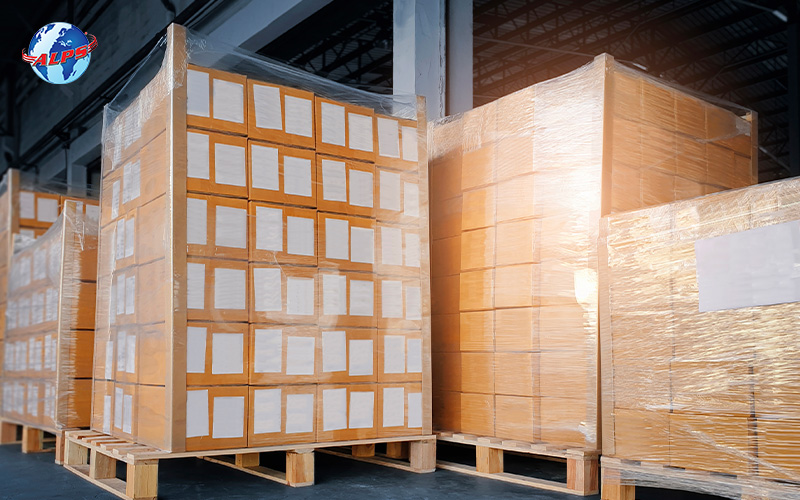
The first thing to consider is your shipping volume and how often you send out goods. If your cargo does not take up an entire container and you do not ship regularly, LCL freight may be your best bet. With LCL, you only pay for the space you use, and your cargo is combined with other shipments headed to the same destination.
However, if you are shipping in bulk or on a regular basis, FCL becomes more practical. With FCL, the entire container is booked for your goods alone, making it a more efficient choice for high-volume or routine shipments. Over time, relying on FCL helps businesses optimise supply chain operations by reducing delays and consolidating logistics processes.
In Singapore, many small and medium enterprises (SMEs) start with LCL but transition to FCL as their operations grow.
Comparing LCL and FCL Freight Shipping Costs and Hidden Fees
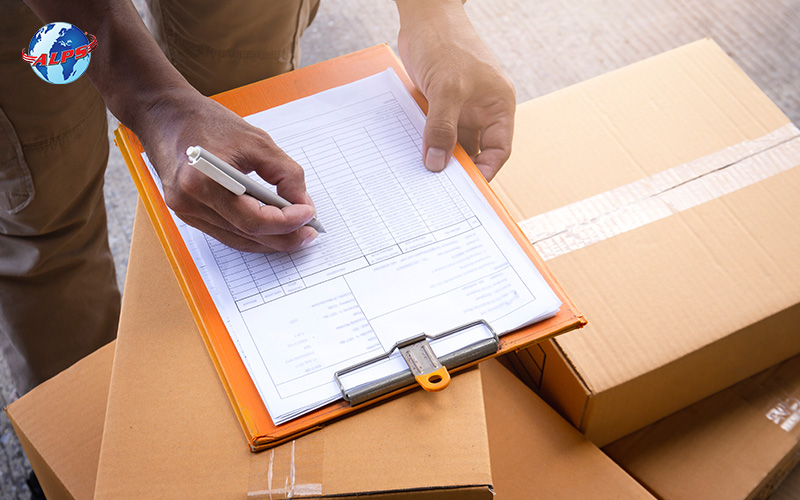
When it comes to cost efficiency, it is important to look beyond just the base rate. While LCL might appear cheaper upfront, it often comes with added fees, such as consolidation charges, handling fees at both origin and destination ports, and documentation costs. These can add up, especially for goods that are fragile or require special handling.
FCL, on the other hand, has a higher initial cost as you will be booking the whole container. However, the per-unit shipping cost is often lower when divided across a large shipping volume. You also avoid many of the shared-container charges that apply to LCL freight.
For Singapore-based businesses exporting frequently to countries like Malaysia, Indonesia, or China, FCL is often the more cost-effective long-term solution. Still, LCL remains a valuable option for businesses managing cash flow or testing new markets.
Which Option Offers Faster Transit Time?
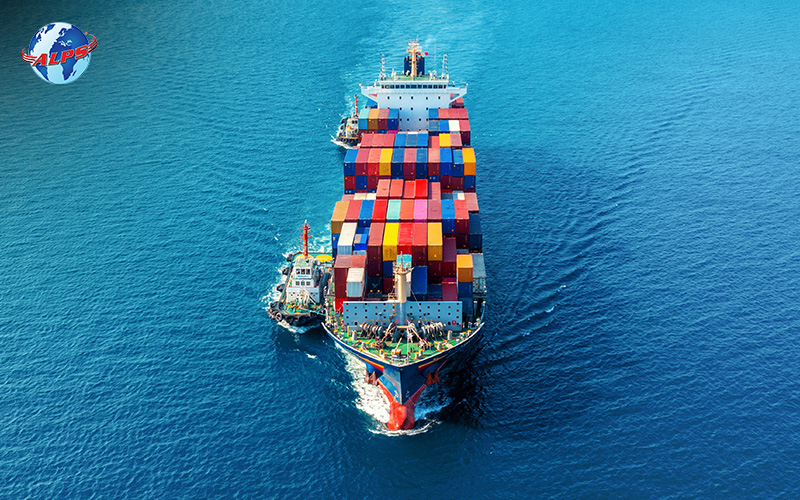
Another key factor is speed and transit time. With FCL, your container is sealed and shipped directly once it is packed, making it the faster option overall. Since there is no need to wait for other shippers to fill the container, your goods move straight from the port of origin to the destination.
LCL freight, by contrast, usually takes longer. Typically, your cargo will have to wait until there is enough volume from other shippers to fill a container. Then, upon arrival, it must be unpacked and sorted before delivery, which takes up more time. This is particularly relevant if you are shipping to or from Singapore’s busy ports, where high traffic can cause further delays during the consolidation or deconsolidation process.
If timing is crucial to your operations, say, for instance, in retail or seasonal promotions, FCL is likely the better choice.
Cargo Handling and Risk in LCL and FCL Freight Shipping
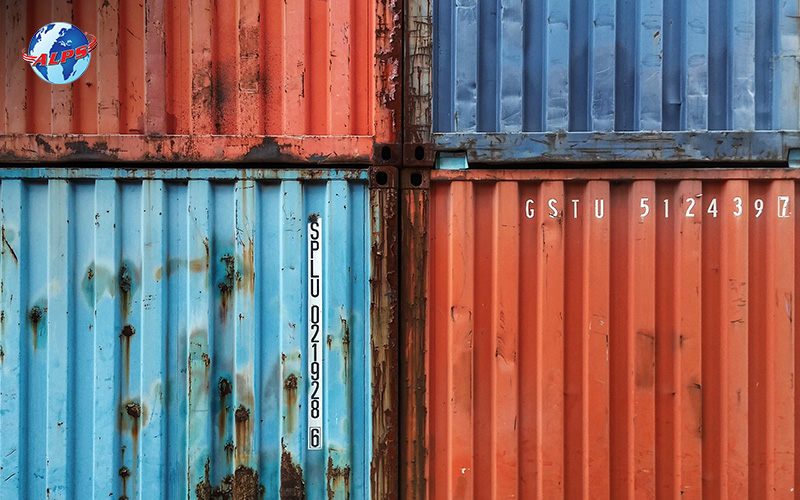
How your cargo is handled during transport also matters. When it comes to LCL, your goods will share container space with shipments from other companies. This increases the likelihood of movement, rough handling, or accidental damage, especially if other shippers’ cargo is not packed with the same care. There is also more loading and unloading involved, raising the overall risk.
FCL, on the other hand, gives you more control. Your goods will remain sealed in a single container throughout the journey, reducing touchpoints and minimising the risk of damage or loss. For sensitive or high-value items, this added security can be critical to safeguarding their condition from start to finish.
Businesses that deal with electronics, perishables, or fragile goods often prefer FCL to minimise these risks and maintain product quality.
Customs and Documentation in LCL and FCL Shipping
For LCL shipments, customs clearance often involves additional paperwork because multiple consignments from different shippers are consolidated into a single container. Each shipment must have its own commercial invoice, packing list, and relevant permits, which are processed individually during clearance. This can result in more documentation checks and potentially longer processing times, as customs officers need to verify each set of cargo details.
FCL shipments, on the other hand, generally follow a more straightforward process since the entire container is owned by a single shipper. Only one set of documentation, such as the commercial invoice, packing list, bill of lading, and any necessary permits, is required. This can facilitate faster clearance and decrease the chances of delays caused by other consignments sharing the same container.
Understanding these differences helps shippers prepare the right paperwork in advance, minimise hold-ups at the port, and ensure a smoother flow from origin to destination.
Carbon Footprint and the Environmental Cost of Shipping
The environmental footprint of LCL and FCL shipments can differ significantly. LCL allows multiple shippers to share container space, which can be more space-efficient and reduce per-unit emissions for smaller loads. However, LCL often requires extra handling, consolidation, and deconsolidation at multiple facilities, adding transport stages that may increase overall emissions.
FCL shipments usually move directly from origin to destination without the intermediate steps needed for cargo consolidation. This can reduce emissions linked to additional transport and storage. On the other hand, if an FCL container is not fully loaded, the emissions per unit of cargo are higher compared to an optimised LCL shipment.
For companies with ESG commitments, these differences underscore the importance of load planning and shipment scheduling. Maximising container utilisation and choosing efficient routes can reduce carbon impact while fulfilling sustainability reporting requirements.
LCL vs FCL: Key Differences at a Glance
| Factor | LCL Freight | FCL Freight |
|---|---|---|
| Container Space | Shared with other shipments. | Used exclusively by one shipper. |
| Cost Structure | Pay only for the space used; ideal for smaller loads. | Flat rate for full container; more cost-effective for bulk cargo. |
| Transit Time | Longer, as consolidation and deconsolidation are required. | Faster, as the container moves directly to destination. |
| Cargo Handling | Multiple touchpoints; higher risk of handling-related damage. | Minimal handling; goods remain sealed throughout transit. |
| Customs and Documentation | More paperwork due to multiple consignments in one container. | Simpler clearance with a single set of documents. |
| Security | Moderate security since goods are shared with other shipments. | Higher security with exclusive container use. |
| Best For | Small, occasional shipments or market testing. | High-volume, regular exports needing faster, more controlled delivery. |
Choosing between FCL and LCL freight depends on your business needs. If you are shipping small quantities or testing new markets, LCL could prove to be a highly flexible option. However, if you are scaling up, handling regular exports, or want to improve cost efficiency and speed and transit time, FCL is the more dependable option.
Here at ALPS Global, we understand that logistics decisions impact more than just your bottom line; they also shape how your business runs day to day. As a leading one-stop freight service centre in Singapore, we offer tailored solutions in air freight, sea freight, and cross-border transport to help you optimise your supply chain from end to end.
For more information about our services and how we can support your logistical needs, please contact us today.
